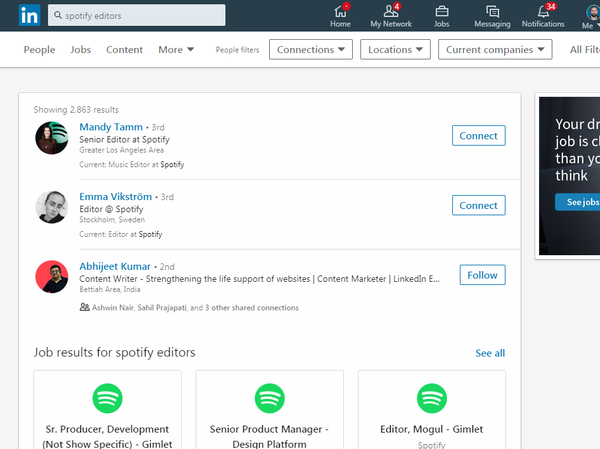

For example, your bank may have told you that they will never ask for your password."

Current events - Are you expecting to see a message like this? Criminals often exploit current news stories, big events or specific times of year (like tax reporting) to make their scam seem more relevant to you.Scarcity - Is the message offering something in short supply, like concert tickets, money or a cure for medical conditions? Fear of missing out on a good deal or opportunity can make you respond quickly.Emotion - Does the message make you panic, fearful, hopeful or curious? Criminals often use threatening language, make false claims of support, or tease you into wanting to find out more.


You should also contact your bank if you have concerns that your financial information has been compromised. On the occasion that you already clicked, Spotify advises that you reset your password with them as well as changing your password on other sites if it's the same. It will also never request payments via a third party (for example, Western Union), never promise cash prizes through email and never ask you to download anything from an email, adding: "If you aren’t sure of an email that claims to be from Spotify - or if the sender email does not end in - don’t click any links or provide information." The music streaming giant says it will never send emails asking for payment information, passwords, social security or tax identification numbers. It's also got a link to an official Spotify page which spells out what emails you can expect to be sent by Spotify - and those you will not.


 0 kommentar(er)
0 kommentar(er)
